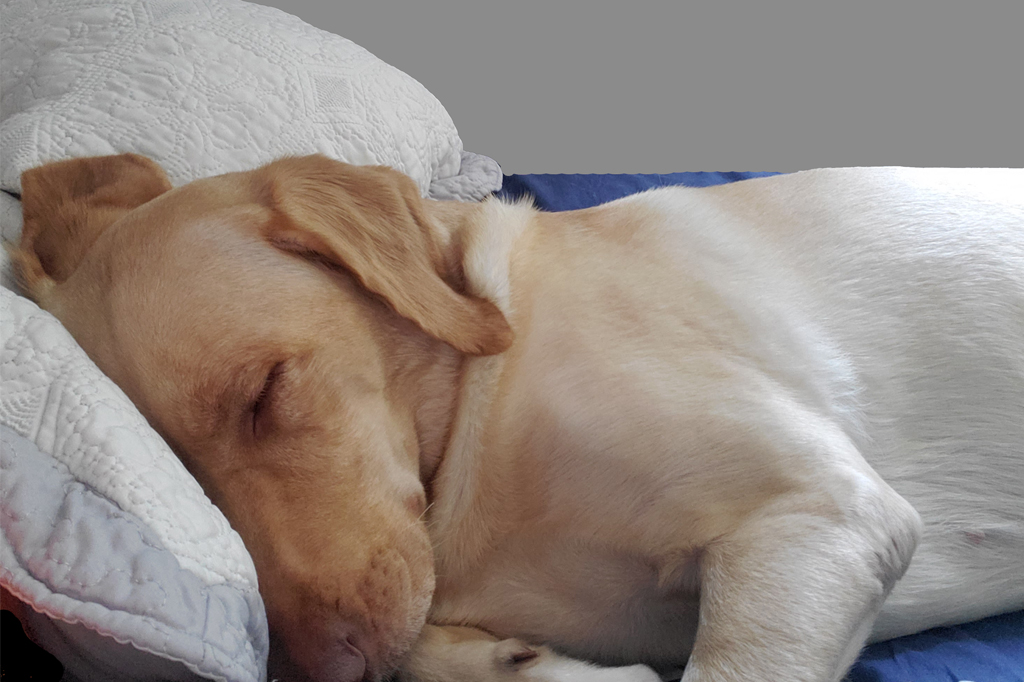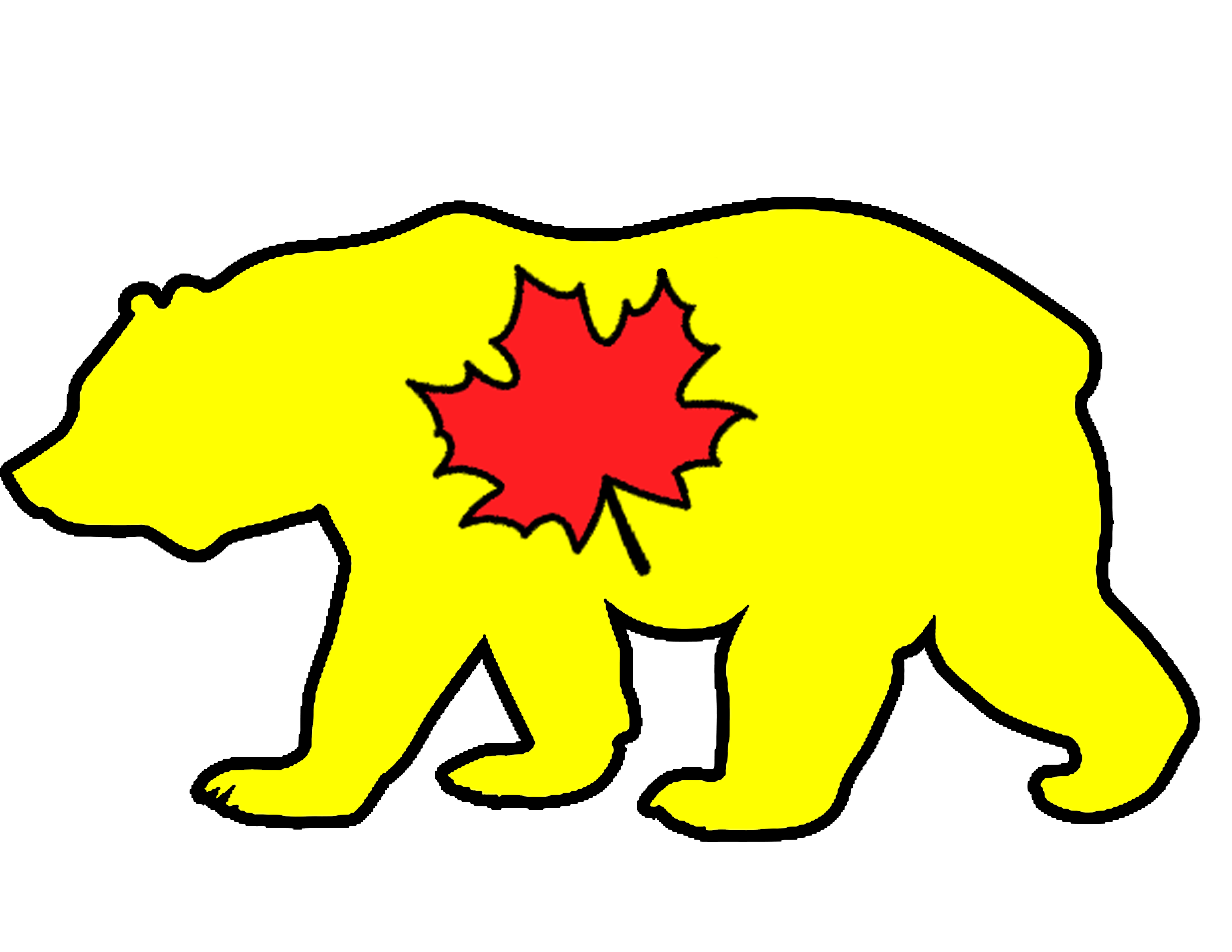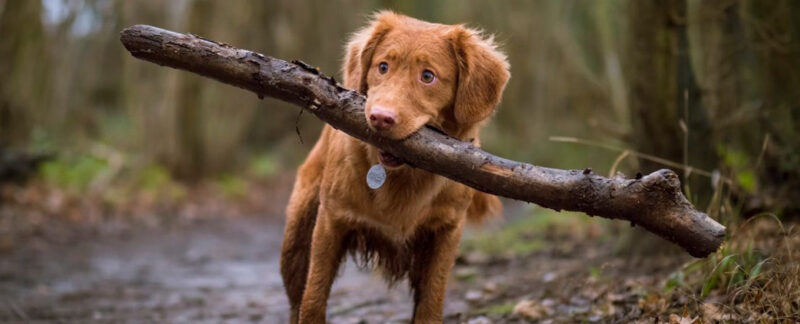The Humane Society of Greater Niagara’s annual pet license fees are a common requirement in many municipalities, ostensibly to ensure pet safety, accountability, and compliance with local regulations. However, many pet owners, including myself, find the recurring nature of these fees unfair and burdensome. Here is a closer look at the issue and the arguments against such fees:
Questionable Allocation of Funds: As a pet owner, I often question where the money is going. If the initial registration fee covers the cost of entering the pet into the system, subsequent fees should ideally fund specific, transparent services that benefit pet owners and their pets. However, many municipalities do not provide clear breakdowns of how these fees are used, leading to suspicions that the funds are not being reinvested into animal welfare services such as offering more robust spaying, neutering, and vaccination programs. For the recurring fees to be justified, there should be a tangible benefit to pet owners each year. However, many pet owners do not see any added value from paying these fees annually. The services provided by the municipality, such as dog parks and shelters, often remain unchanged despite the continuous inflow of licensing funds. Pet licensing fees lack a clear link to continuous or improved services for pets and their owners, making them appear as a repetitive financial imposition without corresponding benefits.
Administrative Simplicity and Redundancy: Once a pet is registered and its information is entered into the system, the primary administrative work is complete. The pets details, such as its breed, age, name, and owner information, remain relatively constant from year to year. Therefore, the recurring annual fee does not reflect ongoing administrative efforts but rather imposes a continuous financial burden on pet owners. Moreover, there is an additional issue with the registration costs for pets. It costs more to register an unfixed dog compared to a fixed one, not because there is more work involved in registering an unfixed dog but seemingly as a way to increase revenue without providing additional value or services.

Alternative Approaches: To address these concerns, municipalities could consider alternative approaches:
- Lifetime Licensing: Implement a one-time, lifetime licensing fee that covers the cost of registration and reduces administrative burdens for both pet owners and the municipality.
- Transparency and Accountability: Provide clear, detailed reports on how licensing fees are used, demonstrating direct benefits to the pet-owning community.
Humane Society of Greater Niagara: “We already have too many clients, and with her only working part-time, availability is limited, so we cannot take on any more pets.”
The Humane Society of Greater Niagara states that they are overwhelmed with clients and, despite this, they are deliberately willing to miss out on potential income and opportunities to expand their operations, including hiring more staff. This situation reflects poor business practices and appears to be an attempt to avoid additional work. Their reluctance to increase services is concerning. For over two years, I have been trying to book an appointment to get my female dog spayed, but despite their constantly changing methods, I have never seen a single available slot online. This lack of availability not only frustrates pet owners but also suggests a strategic choice to minimize their workload rather than address the growing demand.
Furthermore, if you have a female dog, you are significantly disadvantaged. The Humane Society of Greater Niagara performs far more male neutering procedures than female spaying. Spaying takes considerably longer—about 1 to 1.5 hours—compared to 15 to 30 minutes for neutering a male. The fact that both procedures are charged the same fee, yet the service for females is less prioritized, further highlights the inefficiency and questionable business practices of the Humane Society of Greater Niagara.
By not expanding their services and addressing these imbalances, the Humane Society of Greater Niagara seems to prioritize avoiding extra work over meeting the needs of the community and maximizing their potential income.
The Humane Society of Greater Niagara Cost Breakdown of Spayed and Neutering
- Small (3kg – 15kg, 6.6lb – 33lb): $260
- Medium/Large (15kg – 35kg, 33lb – 77lb): $310
- Large/X-Large (35kg – 45kg, 77lb – 99lb): $380
The Humane Society of Greater Niagara operates with funding from various sources, including donations, fundraising events, and some government support. However, detailed financial figures are not disclosed in available resources. It is crucial to understand how public funds are allocated and what the Humane Society of Greater Niagara is doing with them. They receive public and government funding to provide services to pet owners, yet it seems these funds are not being used to expand the services that are clearly in demand.
Given that the Humane Society of Greater Niagara relies heavily on community support through donations and volunteers, one might expect them to expand their services beyond just offering part-time spaying and neutering. This raises the question: Why would the Humane Society of Greater Niagara not want to increase its services to better meet public needs, especially when supported by public funds?
For instance, the Humane Society of Greater Niagara conducts minimal-effort events, such as the Red Hot Rescue Car Wash and Barktoberfest 2023 Walkathon Fundraiser, which do not address the pressing need for more comprehensive services. By employing even a single full-time veterinarian, the Humane Society of Greater Niagara could significantly increase its revenue. In a typical 8-hour day, spaying and neutering services alone could generate over $3,000 to $5,000 in revenue.

It appears that the Humane Society of Greater Niagara is working with the City of St, Catharines to intentionally limit the number of spaying and neutering appointments available, forcing pet owners to pay higher annual registration fees, especially for unfixed dogs. This practice not only exploits the community’s needs but also raises questions about their commitment to providing equitable services. By making it difficult to book these procedures, the Humane Society of Greater Niagara seems to capitalize on the situation to boost their revenue, rather than addressing community needs efficiently.
Yearly/Annually Registration Fee for Dogs
- Dog – Not Fixed – $65.10
- Dog – Fixed – $37.85
I must address the apparent preference of the Humane Society of Greater Niagara for relying on handouts rather than actively working to expand their services and achieve financial self-sufficiency. This organization, which benefits from both government and public support, seems more inclined to accept these funds rather than invest in strategies that could generate a steady income of at least $3,000 a day. This preference is particularly striking given the frequent criticism directed at individuals receiving social services without contributing to the community.
The Humane Society of Greater Niagara has a clear opportunity to enhance its financial stability by expanding its services and pursuing avenues for self-reliance. In a time when the demand for animal welfare services is high, especially in St. Catharines, it is concerning that the organization appears to focus more on securing additional support rather than working towards financial independence.
Spaying and neutering are essential services that play a critical role in controlling pet populations and preventing unwanted litters. Despite their importance, the availability of these services remains minimal, leading to significant challenges such as overpopulation and increased pressure on local animal shelters and rescue organizations. This situation is unacceptable and demands immediate attention.
The current approach, which limits the number of spaying and neutering appointments and makes it difficult for pet owners to access these vital services, seems to exploit the situation for financial gain rather than addressing the urgent needs of the community. The Humane Society of Greater Niagara must be held accountable for ensuring that public funds are used effectively and that they fulfill their obligations to the community they serve.
I will demand transparency and accountability as it is essential to ensuring that organizations like the Humane Society of Greater Niagara meet the needs of their communities and work towards self-sufficiency. It is time to question why this publicly funded organization is not taking the necessary steps to become financially self-reliant and actively expand its services, particularly when there is a clear and pressing demand for their work in St. Catharines.

